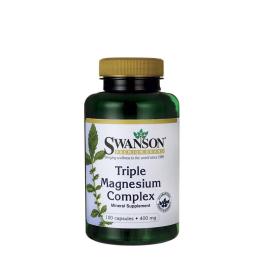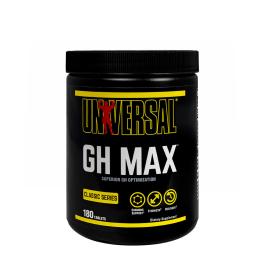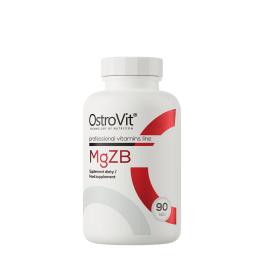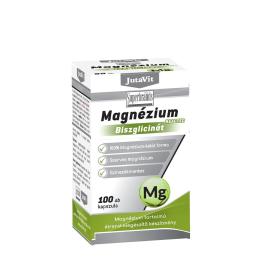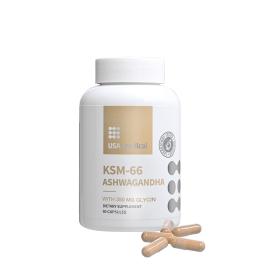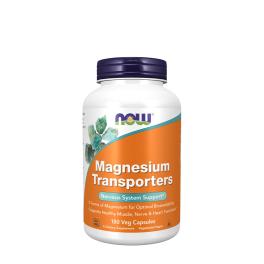During exercise, muscle fibres are damaged, and the proteins that make up the fibres are damaged, causing so-called micro-tears. During the recovery from this, the muscle grows.
Muscle regeneration products are designed to speed up this healing process (called regeneration), allowing you to return to training more quickly. They can also help to build muscle and imporve perfomance.
The main target of muscle regenerators is to stimulate protein synthesis. Protein synthesis produces new proteins that our muscles can use to rebuild damaged muscle fibres. If not enough protein is produced, recovery will not be complete. In the next workout, the already damaged muscle will be further damaged - resulting in poor muscle recovery and reduced performance.
Protein synthesis is most powerfully stimulated by branched-chain amino acids (BCAAs, most notably leucine), beta-hydroxybeta-methylbutyrate (HMB), and l-glutamine. Several studies report that when consumed after exercise, they increase the rate of protein production. Their effects are mainly through an enzyme called mTORC1, the major regulator of protein synthesis. In addition to the consumption of these supplements, adequate protein intake is also necessary - if there is not enough of the raw material available to be incorporated into the muscles, protein production will be rapid and muscle recovery (and thus muscle building) will be inadequate.
During sleep, the hormone most responsible for muscle protein synthesis, growth hormone (GH), is produced, so adequate sleep helps muscle recovery and growth. In this respect, it is important that the body gets the right amount of building blocks (amino acids-protein) in the evening, so to maximise muscle recovery, it is a good idea to choose a slow-absorbing protein source for dinner. That's why micellar casein was created, it's the slowest-absorbing protein source (up to 8 hours), so protein synthesis can be fully maintained while you sleep.

